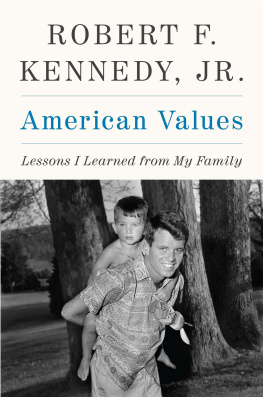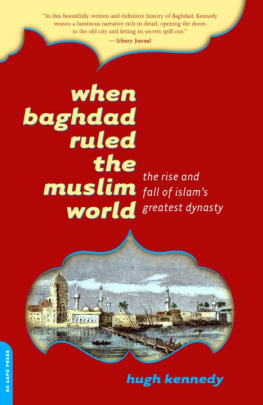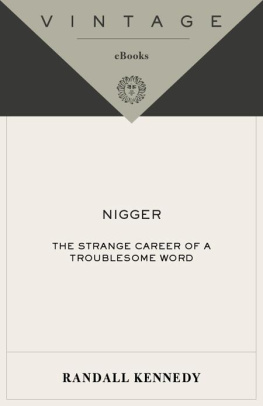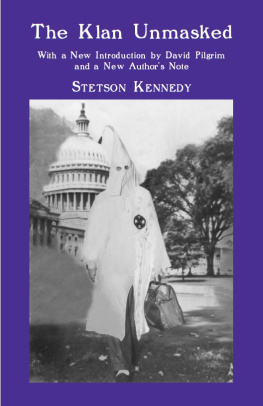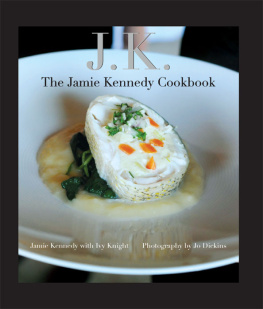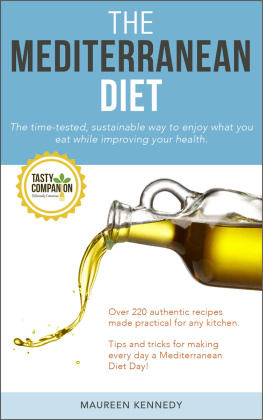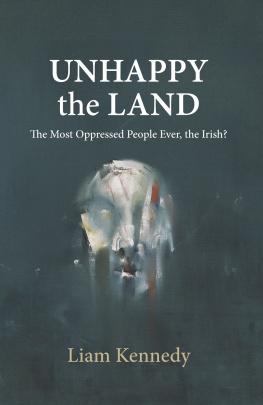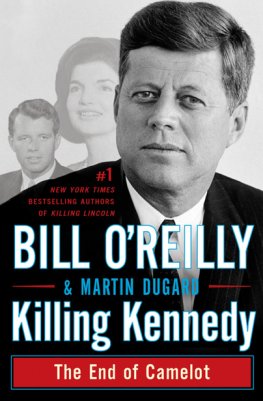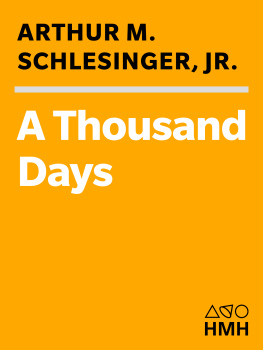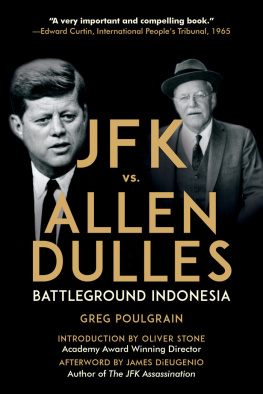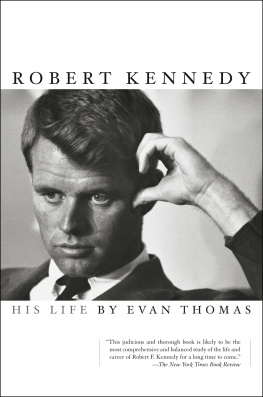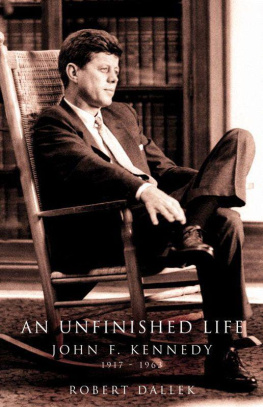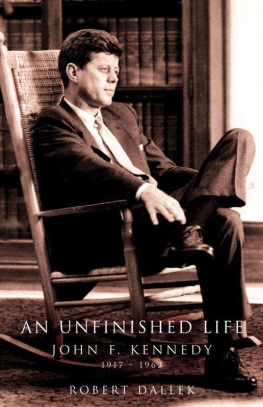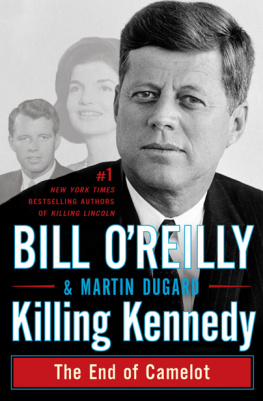Australia
HarperCollins Publishers Australia Pty. Ltd.
Level 13, 201 Elizabeth Street
Sydney, NSW 2000, Australia
www.harpercollins.com.au
Canada
HarperCollins Publishers Ltd
Bay Adelaide Centre, East Tower
22 Adelaide Street West, 41st Floor
Toronto, Ontario, Canada
M5H 4E3
www.harpercollins.ca
India
HarperCollins India
A 75, Sector 57
Noida
Uttar Pradesh 201 301
www.harpercollins.co.in
New Zealand
HarperCollins Publishers New Zealand
Unit D1, 63 Apollo Drive
Rosedale 0632
Auckland, New Zealand
www.harpercollins.co.nz
United Kingdom
HarperCollins Publishers Ltd.
1 London Bridge Street
London SE1 9GF, UK
www.harpercollins.co.uk
United States
HarperCollins Publishers Inc.
195 Broadway
New York, NY 10007
www.harpercollins.com
AMERICAN VALUES . Copyright 2018 by Robert F. Kennedy, Jr. All rights reserved under International and Pan-American Copyright Conventions. By payment of the required fees, you have been granted the nonexclusive, nontransferable right to access and read the text of this e-book on-screen. No part of this text may be reproduced, transmitted, downloaded, decompiled, reverse-engineered, or stored in or introduced into any information storage and retrieval system, in any form or by any means, whether electronic or mechanical, now known or hereafter invented, without the express written permission of HarperCollins e-books.
Endpapers: Kennedy family collection; Nat Fein/The New York Times/Redux
Cover design by Milan Bozic
Cover photograph: Bettmann/Getty Images
FIRST EDITION
Digital Edition MAY 2018 ISBN: 978-0-06-209770-5
Version 04262018
Print ISBN: 978-0-06-084834-7
To my grandparents, Joseph and Rose Kennedy,
their children, and all my Kennedy cousins of every
generation who bring me such joy.
And to my mother,
with admiration, gratitude, and love.
FROM MY YOUNGEST DAYS I ALWAYS HAD THE FEELING THAT WE WERE all involved in some great crusade, that the world was a battleground for good and evil, and that our lives would be consumed in that conflict. It would be my good fortune if I could play an important or heroic role. And from the very beginning this conviction was rooted in my familys fervent Catholicism, and deeply intertwined with the politics of the country.
There had been Irish politicians on both sides of my family for generations, so it was no surprise that we children talked politics from the day we could speak. Such passion came naturally to a people for whom the distinction between political and religious martyrdom had blurred during eight hundred years of British occupation. From their arrival in America, the Irish took to politics as the starving take to food, having been stifled for centuries by rules that forbade them from participating in the political destiny of their nation. As early as 1691, Irish law prohibited Catholics from voting, serving on juries, attending university, practicing law, working for government, or marrying a Protestant. In Dunganstown, near the port of Wexford, my Kennedy ancestors learned to read and write in an illegal hedge school; the priest who taught them was found out and hanged for the offense.
My progenitors were still in Ireland during that black February of 1847, when the announcement in Englands House of Commons that fifteen thousand Irish were starving to death every day so moved Queen Victoria that she donated five pounds to the Society for Irish Relief. Britain produced, stored, and exported thousands of tons of grain and livestock from Ireland during the five-year faminemore than enough to feed the populationbut the Crown refused to divert these money crops, so Ireland lost a quarter of her people. Skeletal corpses littered the countryside, their mouths green from eating grass like cattle. A million sons and daughters of Eire, including my great-great-grandparents, boarded the coffin ships sailing west, and the Atlantic became, in James Joyces words, a bowl of bitter tears.
Even in America the Irish encountered the familiar barriers of prejudice. Anti-Catholic sentiment would eventually drive my fathers parents, Joe and Rose Kennedy, from their beloved Boston. Grandma would sometimes show us clippings from old Boston newspapers, where the acronym NINA (No Irish Need Apply) followed all the best employment listings. Still, wherever they landed, the Irish flourished. Fecund Irish mothers with little opportunity for personal fulfillment beyond childbearing produced an invading force that triumphed at law, politics, sports, literature, and business. No people were ever prouder than the prosperous Irish-Americans who returned to the Old World a generation later with heads high. During his triumphant tour of the British Isles in 1887, boxing champion John L. Sullivan, the apogee of New World cockiness, cordially greeted the Prince of Wales, If ever you come to Boston, be sure to look me up. Ill see that youre treated right. My grandfather must have felt every bit as jubilant when he recrossed the Atlantic to attend the Court of St. Jamess as FDRs newly appointed ambassador to England.
Grandpa was the dominant figure during my childhood summers on Cape Cod. He made his home The Big House, purchased in 1920 in Hyannisport on the shores of Nantucket Sound, where our house, John Kennedys, and Jean Kennedy Smiths formed a tight compound surrounding it, and the Shrivers and Teddy Kennedys houses lay in a slightly more scattered orbit around the tiny seaside village. Grandpa bought the home when the Brahmins of brown-shoed Cohasset rejected his application to their golf club on account of his religion. Although the Protestant swamp Yankees who dominated Hyannisport were similarly bigoted, Grandpas fellow Irishman Larry Newman, who owned the golf course, welcomed him.
During the first eighteen years of their marriage, Grandpa and Grandma produced nine children. God gave their firstborn, my Uncle Joe Jr., every gift but gray hair. He was born in 1915 and died in a secret Navy mission while flying a drone Liberator bomber that exploded over the English Channel in 1944, at age twenty-nine. Jack was born in 1917, Rosemary in 1918, and Kick, who married into Britains greatest house, lost her husband in the warand would herself perish in an airplane crash at age twenty-sixwas born in 1920. Eunice was born in 21, Pat in 24, my father, Bobby, in 25, and the babies, Jean and Teddy, in 28 and 32. Our generation called them, collectively, the grown-ups. We all spent each summer on Cape Cod at the family compound, where the twenty-nine cousins were raised communally and subjected to a daily regimen of athletic training supervised by a stout former Olympic diver, Sandy Eiler.
Three times a week we took riding lessons at my grandfathers farm in Osterville, or made long trots through the scrub pine forests and sandy marshlands with Grandpa astride his tall chestnut hunter, Shaleighleigh, whom he had imported from Ireland. Grandpa spoke soothingly to Shaleighleigh as he rode, calming the high-spirited gelding with his latest thoughts on politics and the economy, prompting the grown-ups to joke that this must be the smartest horse in the world. A posse of grandchildren followed behind him on horseback down the rough sandy trails across Barnstable County woodlands. Sometimes we children stopped to swim with our ponies in an expansive kettle pond on the northern fringe of Grandpas farm, holding their tails to drag us, while he watched atop Shaleighleigh from a towering knoll along the wooded banks.

